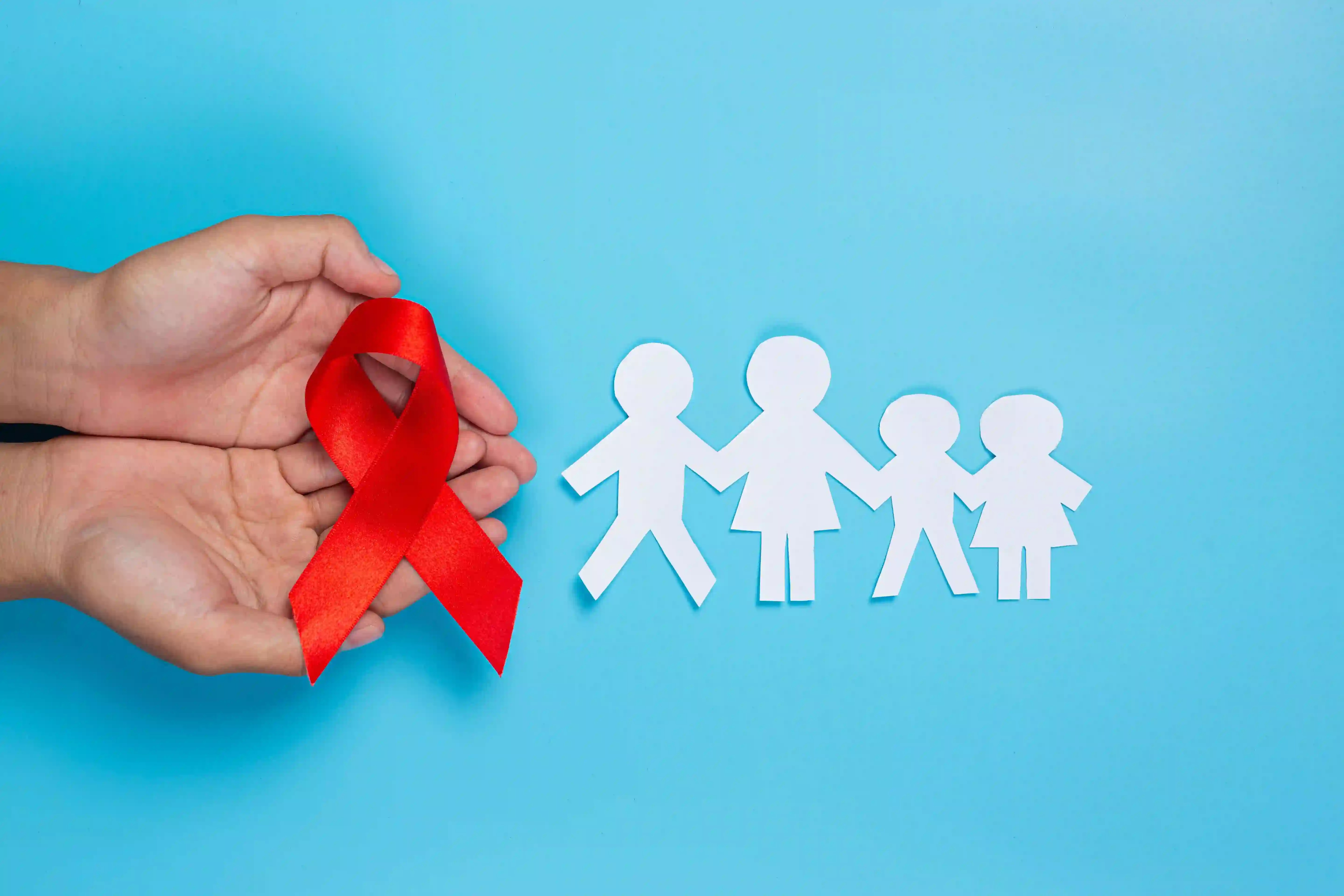
AIDS is a dangerous disease, about which many questions still exist in people's minds. People's incomplete information about such diseases proves harmful for them. In such a situation, World Aids Day is celebrated every year on 1 December with the aim of making people aware about this disease. This day is especially celebrated to make people aware of this serious disease and in honor of the people suffering from this disease.
Usually people hesitate to talk openly about this disease. This is because people believe in the myth that AIDS makes people its victims only due to physical relations i.e. sexual activity. However, this is not completely true. In such a situation, on the occasion of AIDS Day, we will tell you what this disease is and how it can make people its victims apart from sexual contact. Dr. Aastha Dayal, Director of Obstetrics and Gynecology at CK Birla Hospital, Gurugram, is explaining this in detail.
What is AIDS?
According to WHO, AIDS is a dangerous disease that affects a person due to the Human Immunodeficiency Virus (HIV). This virus attacks the body's immune system. Acquired Immunodeficiency Syndrome (AIDS) is the last stage of infection caused by the HIV virus.
How does AIDS spread?
The doctor explains that AIDS can be spread through sexual contact. However, it can also infect a person without having physical relations. It is caused by the human immunodeficiency virus (HIV), which spreads through certain bodily fluids. Other ways of its spread include using needles or syringes contaminated with HIV-infected blood, coming in contact with infected blood or blood products, and from an HIV-positive mother to her child during pregnancy, childbirth or through breastfeeding.
Apart from this, health care workers can also come in contact with HIV due to an accidental or unintentional injury caused by an infected needle. However, HIV is not spread by hugging, shaking hands or eating with an HIV-infected person. It is also not spread through air, water or insect bites.
How to protect yourself from this?
- Avoid sharing needles and syringes with anyone.
- Use only checked blood products.
- If you are a health care worker, use protective equipment when dealing with potentially infectious materials.
- Women who give birth to a child with HIV should seek medical care to reduce the chance of transmitting the virus to the baby.
- ART is extremely effective in treating HIV and reducing the chance of it spreading.
- Learning about HIV, safe injecting, and raising awareness can go a long way in preventing the spread of this virus.
--Advertisement--

 Share
Share



